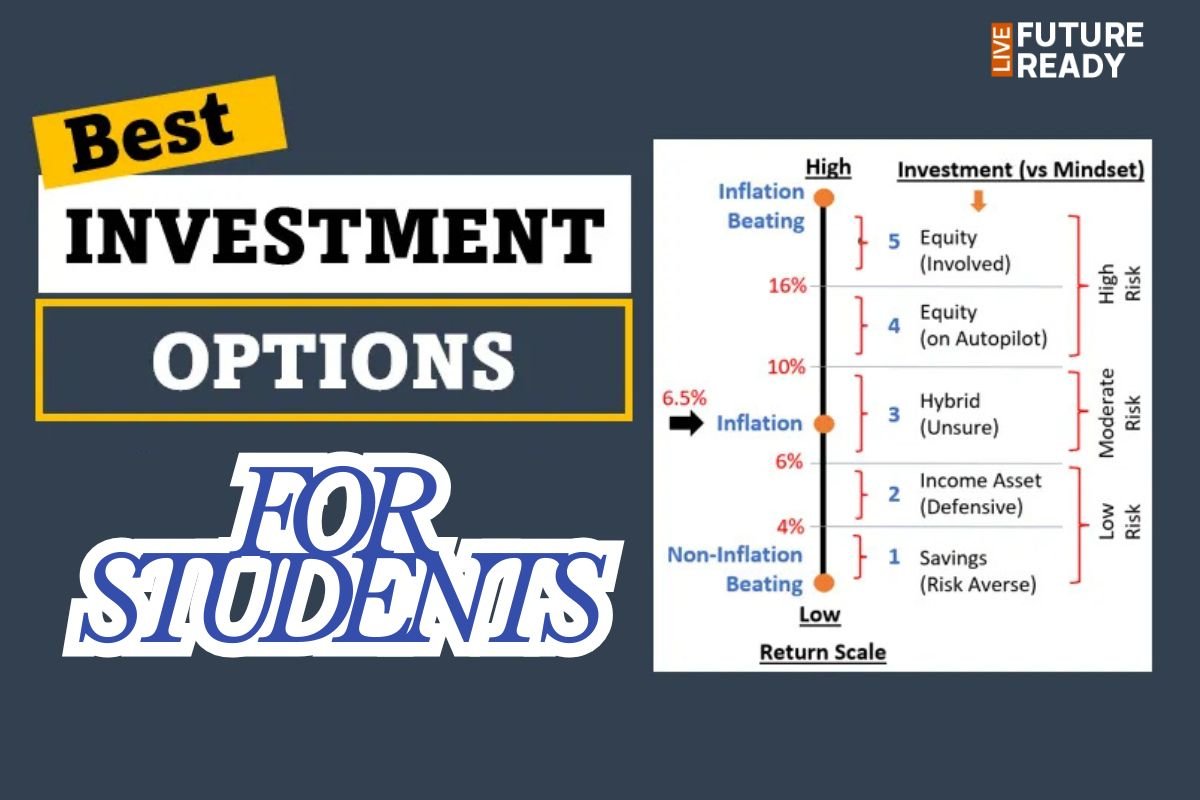Inflation, the rate at which the general level of prices for goods and services rises, directly impacts the purchasing power of consumers. As of early 2025, the United Kingdom has experienced notable fluctuations in its inflation rate, influenced by various economic factors.
Recent Inflation Trends
In February 2025, the Consumer Prices Index (CPI) indicated an annual inflation rate of 2.8%, a slight decrease from 3.0% in January. This moderation was primarily attributed to a slowdown in price increases for owner occupiers’ housing costs and actual rentals for housing. On a monthly basis, the CPI rose by 0.4% in February, compared to a 0.6% increase during the same month in the previous year.
Factors Contributing to Inflation
Several elements have contributed to the UK’s inflation dynamics:
- Housing and Utilities: There has been a notable rise in housing and utility costs, with actual rents for housing increasing by 7.4% over the year leading up to February 2025.
- Food Prices: In March, food prices saw a 3.5% increase, with significant hikes in items such as chocolate, butter, and smoothies. These increases are partly due to rising staffing costs and national insurance contributions.
- Energy Costs: From April 1, 2025, households with electric showers are expected to face an average annual cost increase of £147, following a 6.4% rise in electricity and gas prices under a new energy price cap.
Future Projections
Looking ahead, forecasts suggest that inflation may experience an uptick:
- The Bank of England projects that the Consumer Prices Index (CPI) inflation could reach 3.7% between July and September 2025, driven by higher energy prices, water bills, and transportation costs.
- The Office for Budget Responsibility (OBR) forecasts an average inflation rate of 3.2% for 2025, with expectations of a decline to 2.1% in 2026 and aligning with the government’s target of 2% from 2027 onwards.
Implications for Consumers
The anticipated rise in inflation suggests that consumers may face increased costs across various sectors, including utilities, food, and transportation. To navigate these changes effectively, individuals might consider:
- Budgeting: Adjusting household budgets to accommodate expected price increases.
- Energy Efficiency: Implementing energy-saving measures to mitigate higher utility bills.
- Financial Planning: Exploring investment options that offer returns above the inflation rate to preserve purchasing power.
Conclusion
While the UK’s inflation rate has shown recent moderation, projections indicate potential increases in the coming months. Staying informed about these trends and proactively managing personal finances can help individuals and households better cope with the evolving economic landscape.
Disclaimer: This article is based on data available as of April 6, 2025. For the most current information, please refer to official releases from the Office for National Statistics and other authoritative sources.




















